For many organizations, getting every last drop of output possible from humans whilst they are at work, has long been seen as a worthy and necessary goal. Not doing this, is often seen as a failure of management as it puts the maximization of profitability at risk.
Those same organisations will go to great lengths to achieve this goal:
- Forcing employees to opt out of the European Working Time Directive (unless it gets abolished eventually anyway in the UK).
- Encouraging regular uncompensated overtime to ‘get the job done’.
- Creating cultures where spending more time at work or thinking about work is considered the norm, and those who do so are favoured above others for rewards like pay raises and promotions.
If you’re reading this, you’ll no doubt feel as strongly as me that these inhumane and outdated practices have to go.
Enabling ourselves, or supporting fellow humans, to be productive with our time is absolutely a worthwhile cause. However, this does not mean physically and mentally overstretching ourselves or others to produce more widgets within the existing constraints, without consideration of the impact in our health and wellbeing.
Nor is it about cramming more video calls into every unused slot in the calendar, within the time we’re contracted to work.
For humans to be truly productive, we need to be focusing only on activities that significantly contribute towards us achieving both our personal and organisational goals. And we should only spend as much time as is required on an activity to complete it. Simple right?
If only! Unfortunately we humans seem to make being productive a challenge for ourselves…procrastination; perfection; bureaucracy; working on tasks that aren’t relevant to our goals. They’re just a small selection of things that get in the way.
So how might a Human-Centric Leader help overcome these quandaries, for themselves and those they serve?
To start off with, get clear on goals. I mentioned that we should be achieving personal and organization goals – whilst the latter should be determined through co-development with those who are expected to work towards them, how many leaders also take the time to identify and prioritise personal goals?
These kind of goals are likely to be as diverse as the humans who create them – spending more time with family, learning to play a new instrument, travel around the globe, eat shawarma for the first time.
On the face of it, there’s unlikely to be any obvious connection between these goals being achieved and an organisation reducing costs or increasing profits. However many leaders miss two crucial points.
The first is meaningfulness. If we set ourselves a personal goal that we intrinsically value and the organisation supports us to go on to achieve it, the impact of that on an individuals satisfaction, motivation and dedication to the organisation and its objectives should not be underestimated. The greater the goal, the greater the impact.
The second is innovation (that thing organisations are still so poor at). If we apply just a small amount of creative thinking, it’s absolutely possible to determine a way in which someone’s personal goal can benefit the company. Off the top of my head, let’s say someone wants to learn to play the piano. Why not support that person to do so, and encourage them to work towards recording a relaxing melody that can then be played in a waiting area or a ‘mindfulness space’ (because what use are endless rows of desks in workplaces nowadays?). Win-win.
Coming back to the role of a leader, once goals are set, having a robust system in place is a key enabler for goal achievement. Such systems can help track progress, mitigate risks, increase accountability (in a positive way) and recognise an individual’s accomplishments along the way. A productive leader should be able to support getting this in place for themselves or those they serve.
Another ever-useful tool in the leadership box is coaching. As alluded to earlier, if things like unhelpful procrastination or perfectionism rear their heads, being able to empathetically uncover what’s causing these and overcoming them can have a significant positive impact on productivity.
The final point I’ll cover as productivity is such a huge topic, is embedding a mindset that encourages continuous improvement. If the aim is to focus only on activities that contribute the most towards well-defined goals, being able to simplify, delegate or eliminate ‘low payoff’ activities will help ensure focus in the right areas.
That said, it’s important to consider the impact on other humans before taking one of these actions. For instance, I still see people manually acknowledging receipt of a customers query. Opting to delegate this to someone else might increase your own productivity but have a detrimental effect on the productivity of another. Instead, a simple automated system could be quickly introduced to do the job.
So to summarize – effective goal setting, human-centric coaching and considerate continuous improvement are just 3 of many approaches that can be taken to improve productivity without the need to harm humans and their lives in the process.
The key takeaway, is to focus on the humans.

